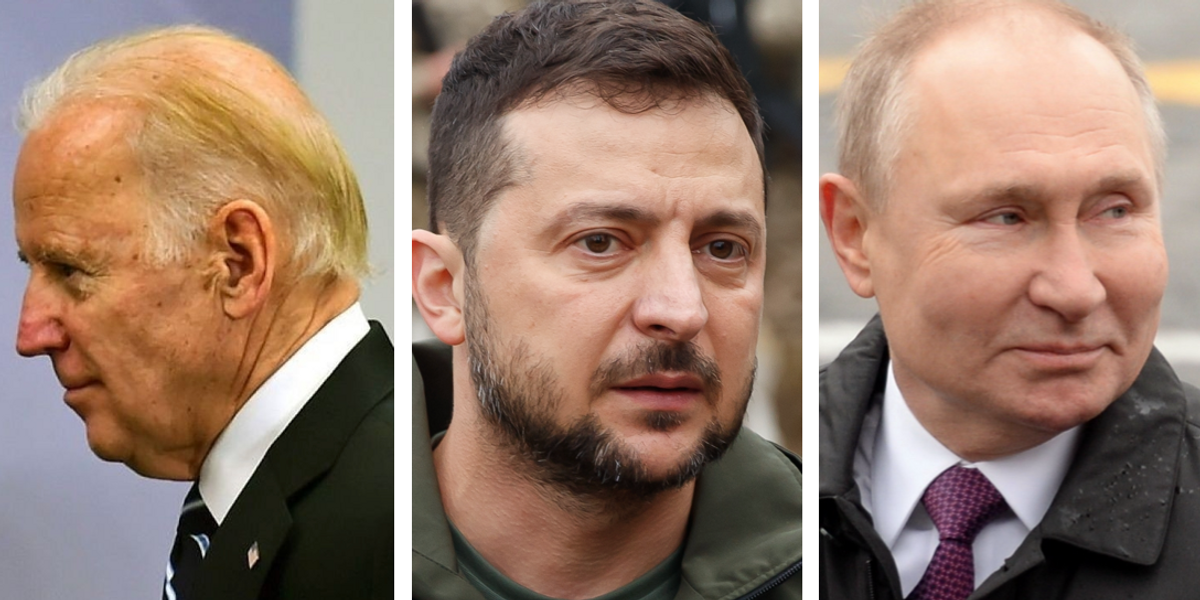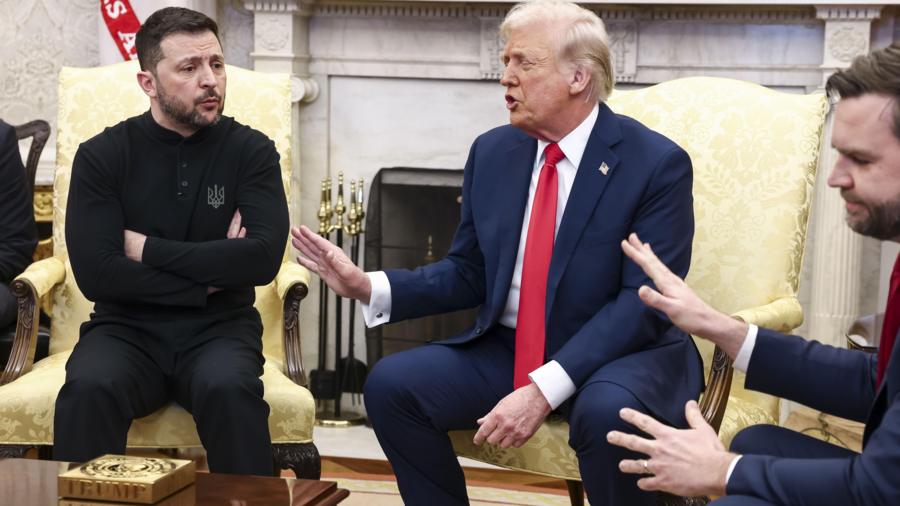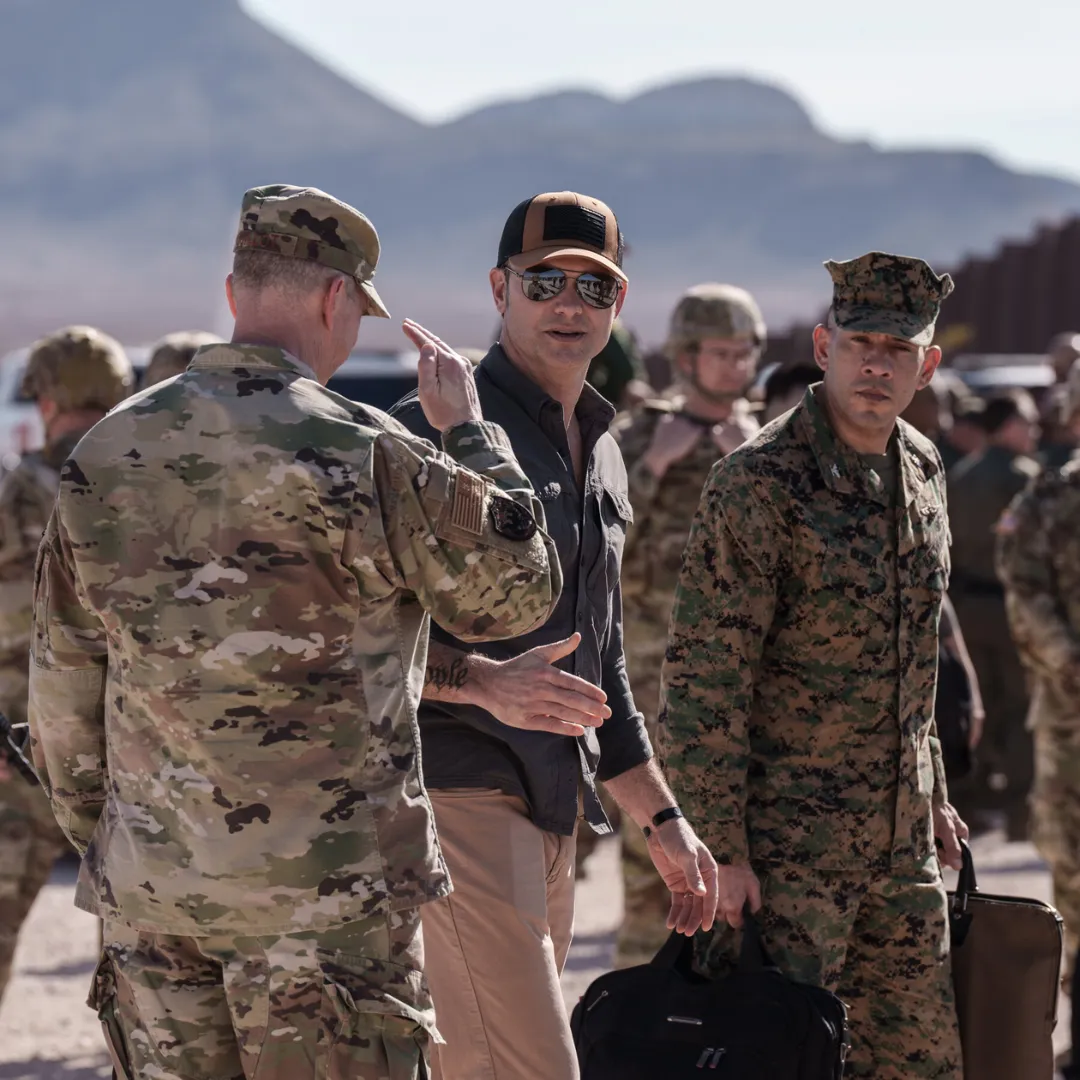
The ongoing conflict in Ukraine has been portrayed as a battle between the forces of good and evil, with Ukraine's fight for freedom framed as an unquestionable moral cause. However, the situation is far more complex than a simple narrative of unprovoked aggression by Russia.
The roots of the war and the involvement of various key players, including Ukrainian President Volodymyr Zelensky, former President Joe Biden, and even the role of the United States, raise crucial questions about responsibility for the conflict’s escalation and its continued perpetuation.
In 2014, Ukraine faced significant internal upheaval when President Viktor Yanukovych, who had been democratically elected with strong support from ethnic Russians in the southeast of the country, made a controversial decision to pursue closer ties with Russia instead of Europe. This decision triggered protests and demonstrations from pro-Western factions, culminating in the Maidan occupation.
While the protests began peacefully, they escalated in February 2014 when right-wing militants, armed and agitated, began attacking Ukrainian police and other protesters. The police, in turn, responded, and the situation quickly spiraled out of control.
The violent clashes ultimately led to the ousting of President Yanukovych, who fled to Russia for safety. This coup, although not directly sanctioned by the West, was widely seen as a destabilizing force that pushed Russia to intervene.
Putin, feeling that the pro-Russia president had been undemocratically removed, responded by sending troops to Crimea and arming pro-Russian separatists in the Donbas region, further exacerbating the situation. While this does not justify Russia’s later actions, it must be acknowledged that the violence that led to Russia's initial intervention was not entirely without provocation.
Ukrainian President Volodymyr Zelensky’s actions over the years have contributed significantly to the escalation of the war. Under the leadership of his predecessor, Petro Poroshenko, Ukraine signed the Minsk Accords in 2014 and 2015, aimed at bringing peace to the Donbas region by guaranteeing limited autonomy for the separatist territories.
However, these accords were never fully implemented, and Zelensky, after coming to power in 2019, failed to honor his campaign promise to finally implement the deals.
Instead, Zelensky pushed for NATO membership, further antagonizing Russia, which viewed this as a direct threat to its sphere of influence. Despite Ukraine’s commitment to the Minsk Accords, which were seen as a diplomatic compromise, Zelensky opted to strengthen Ukraine’s military ties with NATO countries, particularly in the form of weapons imports.
This action was the breaking point for Putin, who recognized the independence of Donbas in February 2022 and launched a large-scale military offensive when Zelensky rejected Putin’s demand to abandon NATO ambitions.
Zelensky’s decision to ignore the Minsk Accords and pursue NATO membership escalated tensions and provoked Russian aggression. While this does not justify Russia’s invasion, it is clear that Zelensky’s refusal to honor the agreements and his actions to align more closely with NATO played a crucial role in the unfolding of events that led to the war.
Former President Joe Biden’s role in the escalation of the conflict cannot be overlooked. In 2021, as Russia began mobilizing troops along Ukraine's border, it became clear that unless Ukraine relented, Russia would likely take military action.
Biden had the opportunity to push Zelensky to comply with the Minsk Accords and prevent an invasion, but instead, he left the decision to Zelensky. Biden pledged that if Russia invaded, the U.S. would respond “swiftly and decisively,” which many interpreted as a green light for Ukraine to continue defying Russia’s demands.
Had Trump been president at the time, it is unlikely that the U.S. would have given Zelensky such freedom to act unilaterally. Trump would have likely placed conditions on military aid, insisting that Zelensky comply with the Minsk Accords to avoid war.
Biden, however, allowed Zelensky to take the lead, even as the risk of a full-scale invasion loomed. Biden’s failure to impose conditions on military aid and encourage Zelensky to negotiate a ceasefire contributed to prolonging the war and ultimately led to more suffering for the Ukrainian people.
The Minsk Accords, though imperfect, offered a potential path to peace that was ultimately abandoned by Zelensky. These accords called for political autonomy for Donbas and a de-escalation of the conflict.
If the agreements had been fully implemented, there may have been a way to avoid the escalation that followed. Instead, Ukraine’s refusal to honor the accords, combined with its growing military reliance on NATO, led to a situation where war became inevitable.
Even after the war began, it remained possible to broker peace. A deal that involved Russia retaining control of Crimea and parts of the southeast, while Ukraine remained neutral and did not join NATO, could have brought an end to the conflict.
However, Biden’s refusal to make military aid conditional on Zelensky negotiating a ceasefire ultimately prolonged the war. This failure to pursue a diplomatic solution resulted in unnecessary loss of life and suffering.
The U.S. has been a significant player in the conflict, providing military aid to Ukraine throughout the war. However, this aid has also raised concerns. While it is understandable that Ukraine needs military support, the ongoing assistance has created false hopes in Ukraine that they could ultimately prevail against Russia with continued Western support.
Unfortunately, Biden’s refusal to provide the decisive military aid Ukraine needed, for fear of escalating the conflict to a nuclear war, left Ukraine in a difficult position. The lack of substantial military support combined with Zelensky’s rejection of diplomacy made it impossible to resolve the conflict peacefully.
The war in Ukraine, while ultimately the result of Russia’s invasion, is far from a simple tale of unprovoked aggression. The actions of Ukraine’s leadership, particularly President Zelensky, and the decisions made by former President Biden, played significant roles in the escalation of the conflict.
The failure to implement peace agreements, the pursuit of NATO membership, and the failure to seek diplomatic solutions have contributed to the continuation of the war. As the conflict drags on, the ultimate cost of these decisions will be borne by the Ukrainian people, who have endured immense suffering.
Had diplomatic efforts been pursued earlier, or had Ukraine adhered to the Minsk Accords, it is possible that much of the destruction and loss of life could have been avoided. However, the political ambitions of Ukraine’s leadership, combined with the failure of international leaders to impose effective diplomacy, have led to a war that continues to devastate the region.
The tragic irony is that the very people who could have prevented the war are now the ones suffering its most horrific consequences.




-1747973662-q80.webp)

